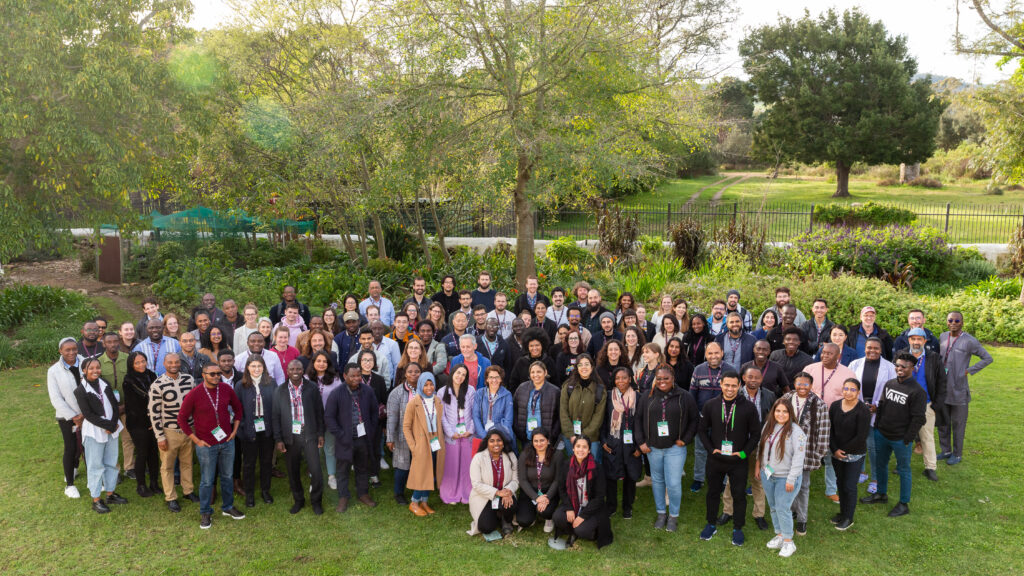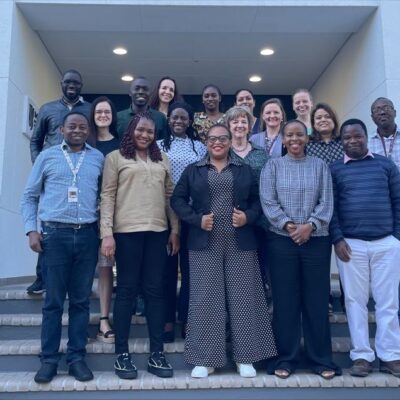
Low and middle-income countries (LMICS) from the Global South, including Africa, Asia, and Latin America, bear a significant burden of infectious diseases, accounting for a substantial proportion of global cases. The goal of the proposed CLIMADE Center is to predict, track, and control diseases and epidemics that are amplified by climate change in the most affected countries in the world. Having a skilled workforce that can characterize and respond to disease outbreaks and epidemics is essential to achieving this goal. Additionally, the retention of skilled personnel is important to ensure sustainability and growth within the healthcare and research sectors of LMICs. The objective of the Capacity Development and Response Core is to build capacity to enhance multipathogen genomic surveillance in Africa, Latin America, and South Asia. The Core will enhance the delivery of the proposed CLIMADE Center projects, support the rapid response to disease outbreaks, and mentor earlycareer investigators to become senior investigators to ensure the sustainability of the Center. The CLIMADE Center team has a proven track record for delivering capacity development programs, having contributed to the hands-on training in genomics and bioinformatics analysis for over 400 individuals from 47 African countries and 500 individuals from Latin America. The Core will be led by individuals with vast experience in implementing training programs.
The objective of the Capacity building program of CLIMADE will be met through the following specific aims:
1) Build sustainable capacity and processes for pathogen genomics in Africa, Asia, and Latin America
2) Build capacity among early-career investigators to equip them to become independent scientists, and
3) Provide rapid outbreak response support.
Strengthening capacity in genomics surveillance and analysis, as well as the mentoring of early-career investigators from LMICs will contribute to region-specific data generation and knowledge crucial for understanding disease dynamics, developing targeted interventions, and improving public health outcomes.

Unveiling the power of bioinformatics: VEME2023 workshop leaves lasting impact in South Africa
In the intricate web of scientific exploration, one thread stands out for its profound influence on clinical research and public health: bioinformatics. The week-long 27th

AIMS Students Engage with CERI in AI for Science in Africa
On September 22nd, CERI had the privilege of hosting 40 bright minds from the African Institute for Mathematical Sciences (AIMS) master’s program. The day was

Empowering African Scientists: CERI’s Grant Writing Workshop
In today’s fast-paced era of scientific advancement, being able to secure grants remain essential for driving groundbreaking discoveries and innovative projects. This need is particularly
